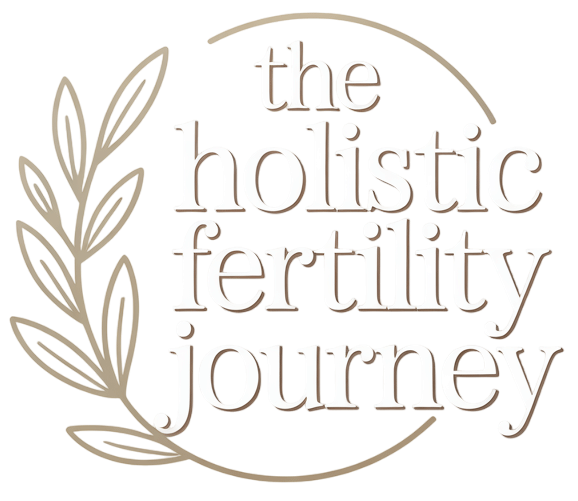Listening to Your Body and Taking Next Steps
Every reproductive journey is different. Iron status can quietly shape the way cycles feel and function, yet it is too rarely checked. If you notice heavy periods, persistent fatigue, or are planning for pregnancy, requesting an iron panel (including ferritin) is a compassionate, concrete way to care for yourself.
Support never means pushing for perfection. It’s about making small, loving changes—adjusting your meals, understanding your foods and symptoms, and asking questions. Very often, it’s a blend of both food and supplements that helps replenish iron stores and revives energy, mood, and fertility.
Your fertility deserves to be seen and nourished from every angle: with curiosity, self-compassion, and steady support. Iron is one crucial root; tending to it helps the whole garden of your health and fertility flourish.
